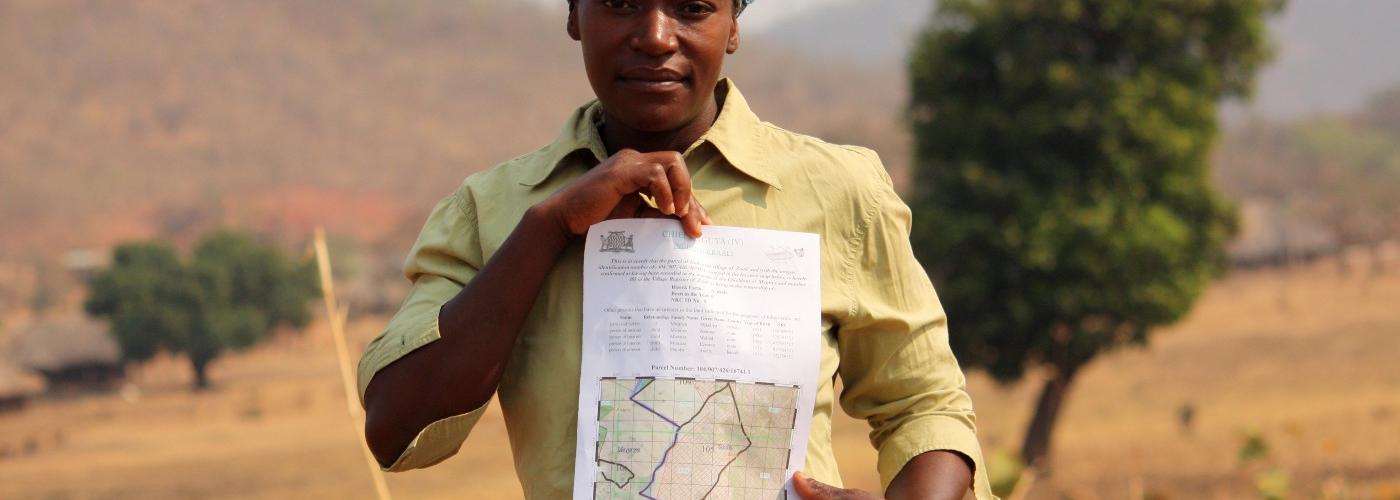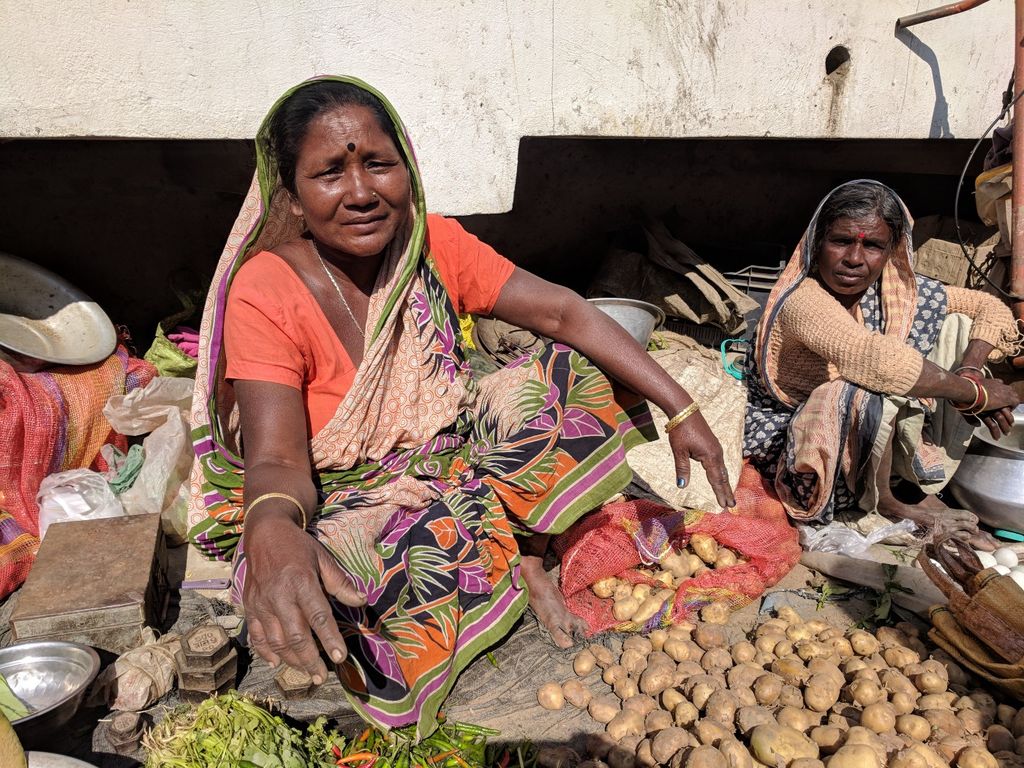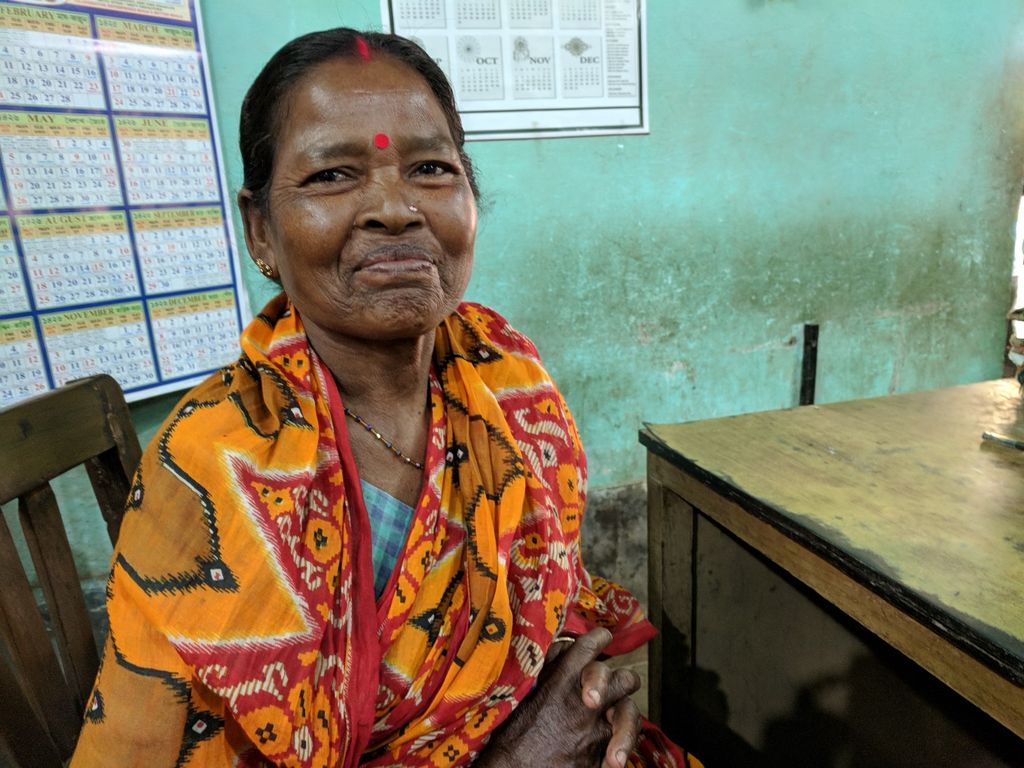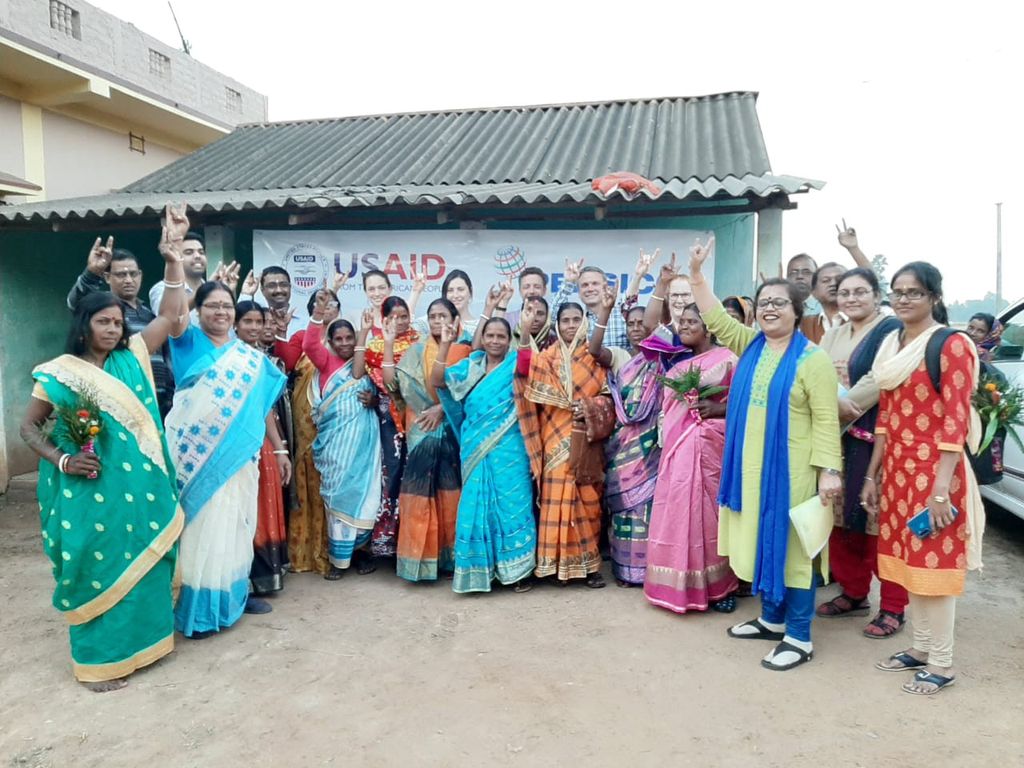5 New Ways the White House–Led Women’s Global Development and Prosperity Initiative Works to Create Global Prosperity
Image

This blog was originally posted on U.S. Agency for International Development's blog and was written by Acting USAID Administrator John Barsa.
Economically empowered women reinvest in their families and communities, spur economic growth, and ultimately help communities in our partner countries progress on their Journeys to Self-Reliance.
The White House–led Women’s Global Development and Prosperity (W-GDP) Initiative, the first whole-of-Government approach to advancing women’s economic empowerment in the developing world, brings new energy and a comprehensive approach to our mission at USAID.
The W-GDP Fund at USAID also brings new resources. Today, USAID Deputy Administrator Bonnie Glick joined Advisor to the President Ivanka Trump in announcing $122 million in W-GDP progress and partnerships aimed at fulfilling the W-GDP’s goal of reaching 50 million women by 2025.
Out of these new activities, I would like to highlight five.
Partnership with PepsiCo
The W-GDP Fund at USAID and PepsiCo are investing $5 million each toward the launch of a five-year public-private partnership that will develop the business case for investments in women’s economic empowerment within PepsiCo’s business model and encourage other food and beverage companies to promote similar investments.
The partnership kicked off in June 2019 in West Bengal State, in the Republic of India, where PepsiCo and W-GDP have strengthened women’s access to land and agriculture technical training. This partnership also provides training in personal empowerment and leadership skills and builds the capacity of local PepsiCo staff to include and work with women more directly in the company’s supply-chain.

The preliminary evidence generated from this pilot makes a powerful case for investment in women’s economic empowerment — both in advancing PepsiCo’s business goals and in creating tangible economic opportunities for women within the company. Women supported through this initiative are producing high-quality crops that will yield potatoes for PepsiCo’s Lay’s brand chips, which generates income for women to invest in their families and farms, and to secure their own futures.
W-GDP Grand Challenge: Women Enabled in the Economy
Grand Challenges mobilize governments, companies, and foundations to solve development problems and source solutions, test ideas, and scale what works. Through these programs, USAID and public and private partners inspire and incentivize new voices from around the world to solve development problems. The first round of a new, dynamic, W-GDP Grand Challenge. Managed by USAID, will crowdsource innovative solutions that economically empower women and increase women’s access to commercial finance, which barriers in laws, regulations, policies, and practices often restrict.
With an initial investment of $5 million for the first year, the W-GDP Grand Challenge will convene host governments, the private sector, civil-society organizations, and women themselves to create action plans to improve the enabling environment and remove or reduce cultural barriers that preclude women from fully participating in economies. USAID will catalyze the private sector to fuel the W-GDP Grand Challenge to continue to break barriers in policies, laws, regulations, and practices to help women access capital and credit — and ultimately participate in the economy as equal economic actors.

W-GDP’s Invest in Women Portfolio
Access to better jobs, financial services, and global supply-chains can empower women economically in the developing world and break the cycle of poverty in their local communities.
The W-GDP Fund at USAID is launching a new $23 million Invest in Women Portfolio by working with leading partners such as CARE, Deloitte, and Kiva to overcome obstacles to grow women-owned businesses. The W-GDP Invest in Women Portfolio funds activities that mobilize and encourage private-sector investment in women through innovative, market-based approaches. Through this portfolio, W-GDP’s blended-finance approach provides a risk cushion for other investors and mobilizes significant additional private-sector capital investment.

Other New Programs
The $7.4 million W-GDP Interagency Fund will enable our U.S. Government partners to promote women’s economic empowerment through programs that highlight their unique strengths and expertise. For example, a new partnership with the U.S. Department of State will bring together women’s coalitions from Central Asia to identify, prioritize, and pursue needed reforms to unlock women’s economic opportunity through the Department’s flagship W-GDP Women Empowered — Realizing Inclusive and Sustainable Economies (WE RISE) program, which works with the Center for International Private Enterprise, the American Bar Association’s Rule of Law Initiative, and Search for Common Ground.
When women have stronger property rights, they tend to have higher incomes and are more empowered to make decisions in their households and communities. The USAID W-GDP Fund’s $7 million investment in Women’s Land Rights will support reforms to national policies and customary practices through local capacity-building in the Republics of Malawi, Mozambique, Ghana, Zambia, and India.
When USAID joined the White House, the State Department, and other implementing Federal Departments and Agencies in commemorating the first anniversary of W-GDP, the Initiative had already improved the lives of 12 million women.
USAID will continue to build on these successes, launch and scale up innovative programs, and embrace opportunities to advance women’s economic empowerment in 2020 and beyond.


